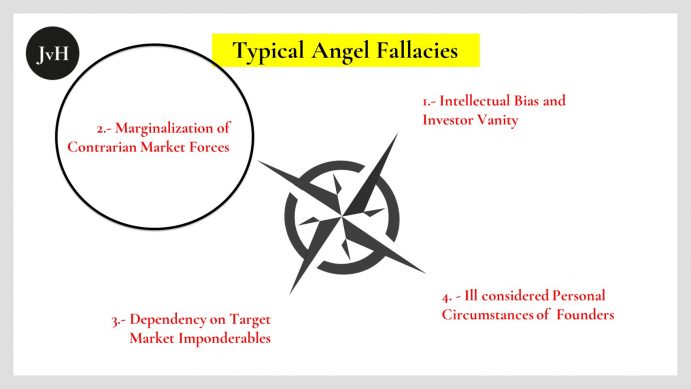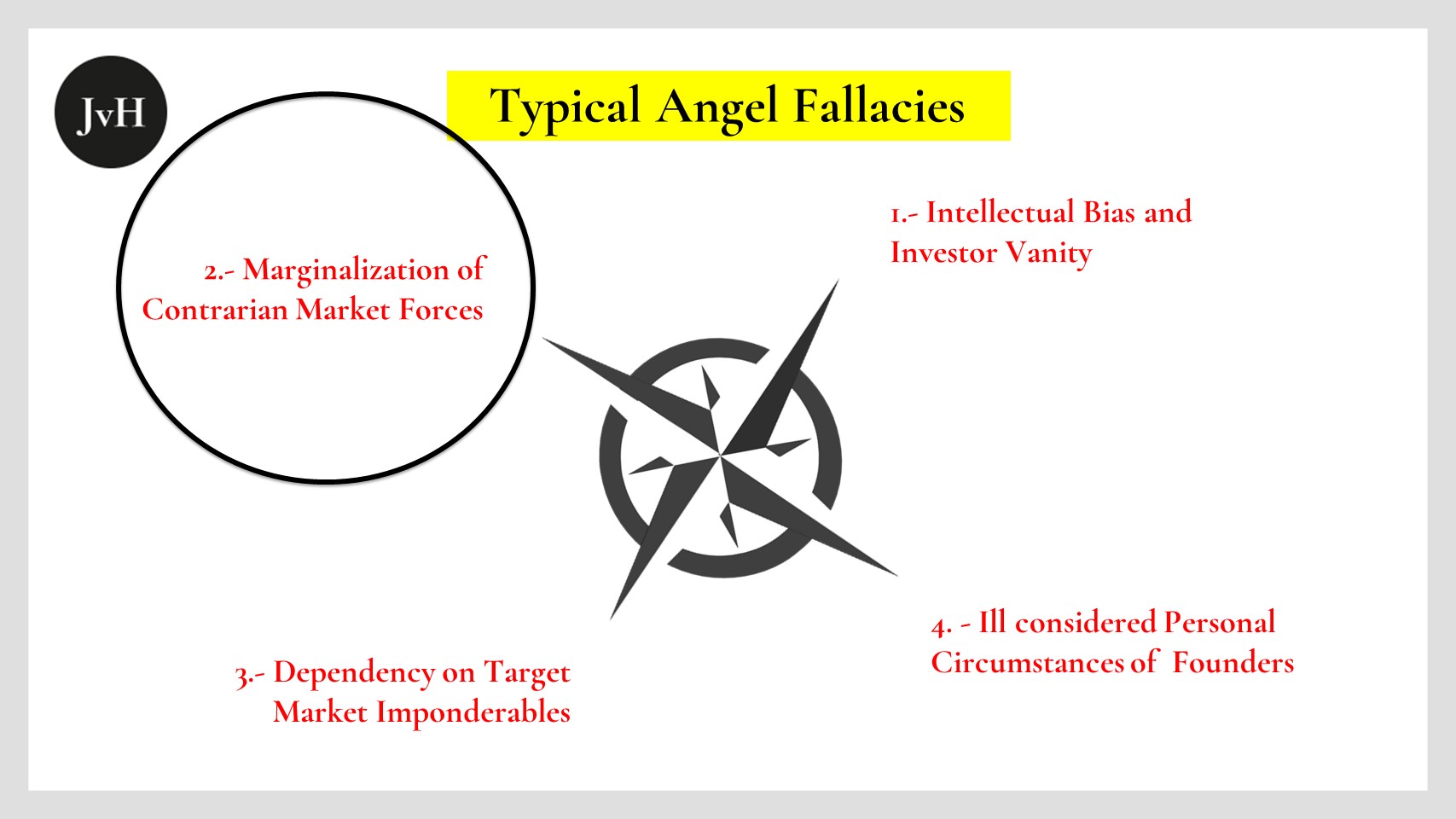Start-ups need a USP for their products and services that is not just unique but also in demand. There lies a structural tension in this: Whatever is really novel or unique cannot be in demand, because nobody as yet knows about it. So, frequently you can only guess or assume or hope that the new feature of a new product or service is more than just e.g. a gadget for freaks, i.e. something the market is really waiting for. And therefore, you must test its qualities vis à vis potential demand.
The above appears to be evident. But in start-up reality, it is not. And in investor reality also not. “Blue Oceans” need to be conquered as well: First, by creating need and demand for fish in hitherto virgin seas, second, by then cultivating that fish and finally, third, by convincing customers to withdraw from their familiar contested “Red Oceans”, and buy Blue Ocean fish instead.
However: On almost a daily basis I receive pitch decks where founders present their “disruptive”, “entirely new” or “first” solutions to be in high demand (or of which markets are, at least, in “huge need”). Is it legitimate to claim there is demand for something that is entirely new? Hardly! The third move is the most difficult one, because people are habitually conservative and will remain in their seas, as long as they can afford it. This is the reason, why a new product or service that aims at generating a new kind of demand not only needs to be better than pre-existing substitutes, but also equally if not more affordable. And here many decks fail. They deduce “quality” from “uniqueness” and their “pricing” from “quality”. And thus, they arrive at fantasy sales forecasts which will not meet reality.
Similar mistake can also be observed among investors. The more they feel they can identify with the investees or their products or services, the readier they are, for instance, to forget about potential competition.
Just the other day I had almost invested in one very attractive looking start-up whose founders told me, that, although their platform offered no technical moat its service would provide lasting protection from copycats and competition therefore was essentially irrelevant. Why? Because the competitors did not understand their clients’ needs and thus produced user interfaces that could not be operated by these clients. They, being insiders and very familiar with their target group had extensive customer experience, therefore they knew better and thus gained a significant market lead. I should have asked myself: OK, you guys no your clients. But your service is new. So, how do you know what your clients’ UX should ideally look like? But I did not. 🙁
It sounded convincing and it looked convincing as well. Just as an act of supposedly redundant due diligence did I nevertheless look for competitors and substitutes. And what did I find? This was really funny. Only one I found in Europe, and this one really had a UI which asked for improvement. But I found more than twenty in the Americas. Virtually all of them offered the same, stated the same, claimed to be the “first” AND “best” AND “only ones” and at least from an outsider’s point of view they all offered more or less exchangeable but also quite acceptable UIs and UXs. Admittedly, as an outsider you don’t necessarily know much about the web journeys of your investees’ clients. But being absolutely “new”, and “first” the investees would not know either?
That was a shock for me, because it showed me how easy it was for a convincing start-up to evangelize me, how ready I was to forget all caution and put potential competition aside. It was a classic case of a presumptuous “inner view,” where the outer was frivolously avoided, and all this was obviously due to the (“subconscious” or lazy?) desire to arrive at a confirmation bias. Thank God I just noticed in time.


